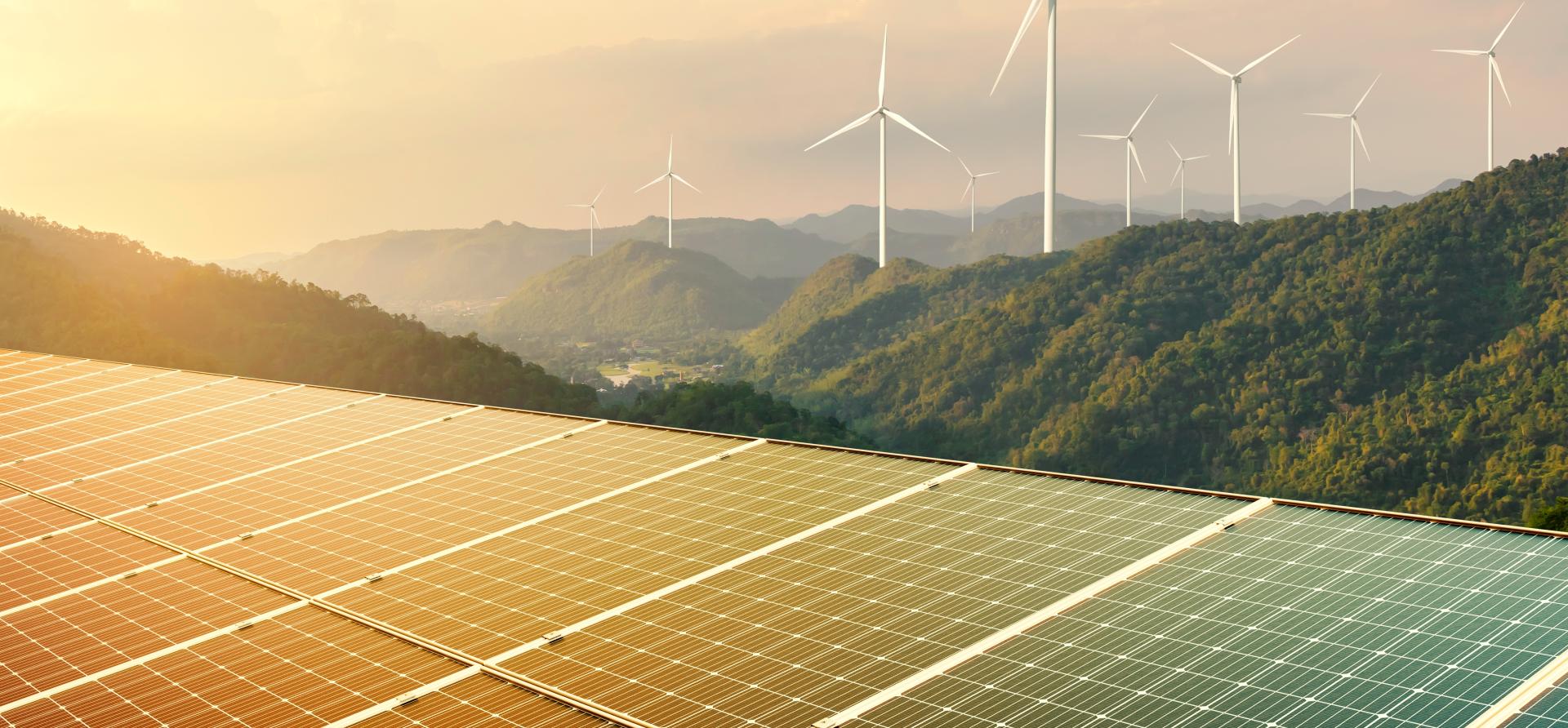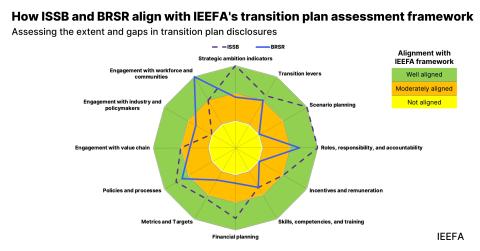Small Modular Reactors, Carbon Capture: The wrong resources for Colorado's energy transition
Download Full Report
View Press Release

Key Findings
Proposals for unproven and expensive SMR and gas with carbon capture technologies put PSCo’s ratepayers at risk of significant future rate increases.
The already high costs of SMRs, coupled with uncertain construction lead times and potential additional costs make the technology a huge risk for Colorado and its ratepayers.
Carbon capture is an unproven technology for gas-fired generation: its performance is uncertain and its costs are unknown.
Renewable energy parks with wind and solar resources, battery and long-term storage, and flexible loads, should be evaluated as alternatives to SMRs and gas with carbon capture.
Executive Summary
Colorado is transitioning away from coal as an electricity generation resource. How those resources are replaced is a key long-term discussion that has major implications for ratepayers of Public Service of Colorado (PSCo) and the state as a whole. The wrong choices will be costly and delay the transition.
This report focuses on two options, construction of new nuclear reactors or gas-fired turbines with carbon capture. These technologies have been pushed into the forefront by a statewide proceeding involving PSCo (technically called the Just Transition Solicitation, or JTS) that is focused on how to replace the output from Unit 3 at the coal-fired Comanche power plant in Pueblo, which is scheduled to shut down in 2030.
In August, the Colorado Public Utilities Commission approved creation of the Carbon Free Future Development (CFFD) fund to allow PSCo, a subsidiary of Xcel Energy, to study replacement generation options that are not yet commercially available. The $100 million fund will be paid for by PSCo ratepayers.
The utility says the fund will help it “de-risk” the development of promising new technologies. IEEFA supports technology research but disagrees with PSCo’s assessment of the fund’s impact on risk. There will still be plenty of risk, both economic and technological—but it now will be borne by ratepayers, not shareholders.
An earlier report prepared by the Pueblo Innovative Energy Solutions Advisory Committee (PIESAC) also touted unproven nuclear and carbon capture options as the best means of replacing the output from Comanche 3, which will complete PSCo’s transition away from coal-fired generation. The committee’s recommendations are also part of the testimony in the JTS process.
Our analysis takes an in-depth look at small modular reactors (SMRs) and gas with carbon capture. We conclude that neither are viable options due to major technological and economic hurdles and that using ratepayer money through the CFFD to fund their development is ill-advised.
IEEFA believes the community and people of Pueblo deserve the support of PSCo’s ratepayers and Colorado’s taxpayers during the transition away from coal by siting new replacement resources in the community. But this does not mean ratepayers and taxpayers should be forced to pay for expensive, unproven alternative technologies that will neither be effective nor reliable tools for power generation or decarbonization.
Transitions are admittedly difficult, but the choice facing Colorado is clear. Continuing to build proven time- and cost-certain wind, solar and dispatchable battery storage resources will enable it to meet growing statewide electricity demand reliably and economically. Big bets, funded with ratepayer dollars, on the development of unproven technologies like SMRs and gas with carbon capture, which have high, uncertain price tags and lengthy development times, would likely push billions of dollars of unnecessary costs onto PSCo’s customers without providing the reliable electricity needed to power the state’s growing economy.
















